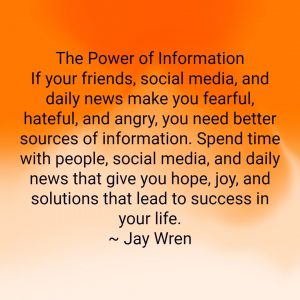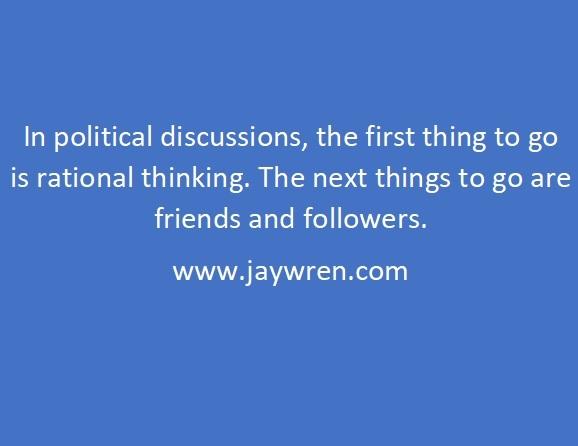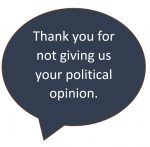Social media can be a minefield when it comes to politics. Here are a few reasons why some people choose to avoid following political content on these platforms: Misinformation: social media is rife with misinformation and fake news. It can be difficult to separate fact from fiction, and spreading false information can lead to misunderstanding…… Continue reading The Minefield of Social Media
Category: Social Media
Are You and Influencer or an Addict on Social Media?
Are You and Influencer or an Addict on Social Media? Maybe you are both. Social media can be a powerful tool for good. Use it to raise awareness about critical issues, support causes you care about, and connect with others who share your values. Also, social media can cause depression, confusion, destroy your privacy and…… Continue reading Are You and Influencer or an Addict on Social Media?
Create a New Day
“Give every day the chance to become the most beautiful day of your life.” Mark Twain I decide every day what kind of day I am going to have. I can either dread it or stay in the present movement and only think about things as they happen. Depending on what was going on the…… Continue reading Create a New Day
Why Intelligent People Say Stupid Things on the Internet
Wouldn’t it be great if you could make everyone on the Internet either agree with you or shut the heck up? You betcha. I’ve tried. But they don’t shut up. They just come back and post more stuff to tick you off. I can either embrace them or avoid them. Emotions and Critical Thinking Beliefs…… Continue reading Why Intelligent People Say Stupid Things on the Internet
The Power of Information
The Power of Information If your friends, social media, and daily news make you fearful, hateful, and angry, you need better sources of information. Spend time with people, social media, and daily news that give you hope, joy, and solutions that lead to success in your life. ~ Jay Wren Photo by Luke Chesser on Unsplash
Jay Wren on LinkedIn
How to Lose Friends and Followers on the Internet
Losing friends and followers on the Internet is much easier to do than increasing friends and followers. Here are things I try to do to build my network. Trolling and Trolls I love Internet forums. I read forums for fun and for information. But forums have a sneaky way of getting readers into a blind…… Continue reading How to Lose Friends and Followers on the Internet
Branding: When the Lowest Price Is Not Enough
Branding: When the Lowest Price Is Not Enough I worked as a recruiter in the consumer-packaged goods industry. Every day I talked with job seekers and hiring managers who sold consumer products through retail stores. When I reviewed qualifications, I was assessing a job seeker’s ability to make brands successful. Themes recurred in the profiles…… Continue reading Branding: When the Lowest Price Is Not Enough
Politics: A Majority Are Sick of It.
Thank you for not giving us your political opinion. ~ www.jaywren.com The news of politics wears on people. Most Americans are tired of hearing about politics. Looking for headlines to cover, the media hover over current events for political sound bites. Add to those soundbites the in-depth coverage of speeches and now conventions. Furthermore, candidates…… Continue reading Politics: A Majority Are Sick of It.
Job Power: Get Digital.
Get digital. Among business people, digital skills have become common place. Some business executives may still consider anything on a computer either a programmer’s task or a clerical task and beneath the requirements of their job. However, most executives I know use a smartphone to thumb through text messages, news, and emails as a routine…… Continue reading Job Power: Get Digital.








